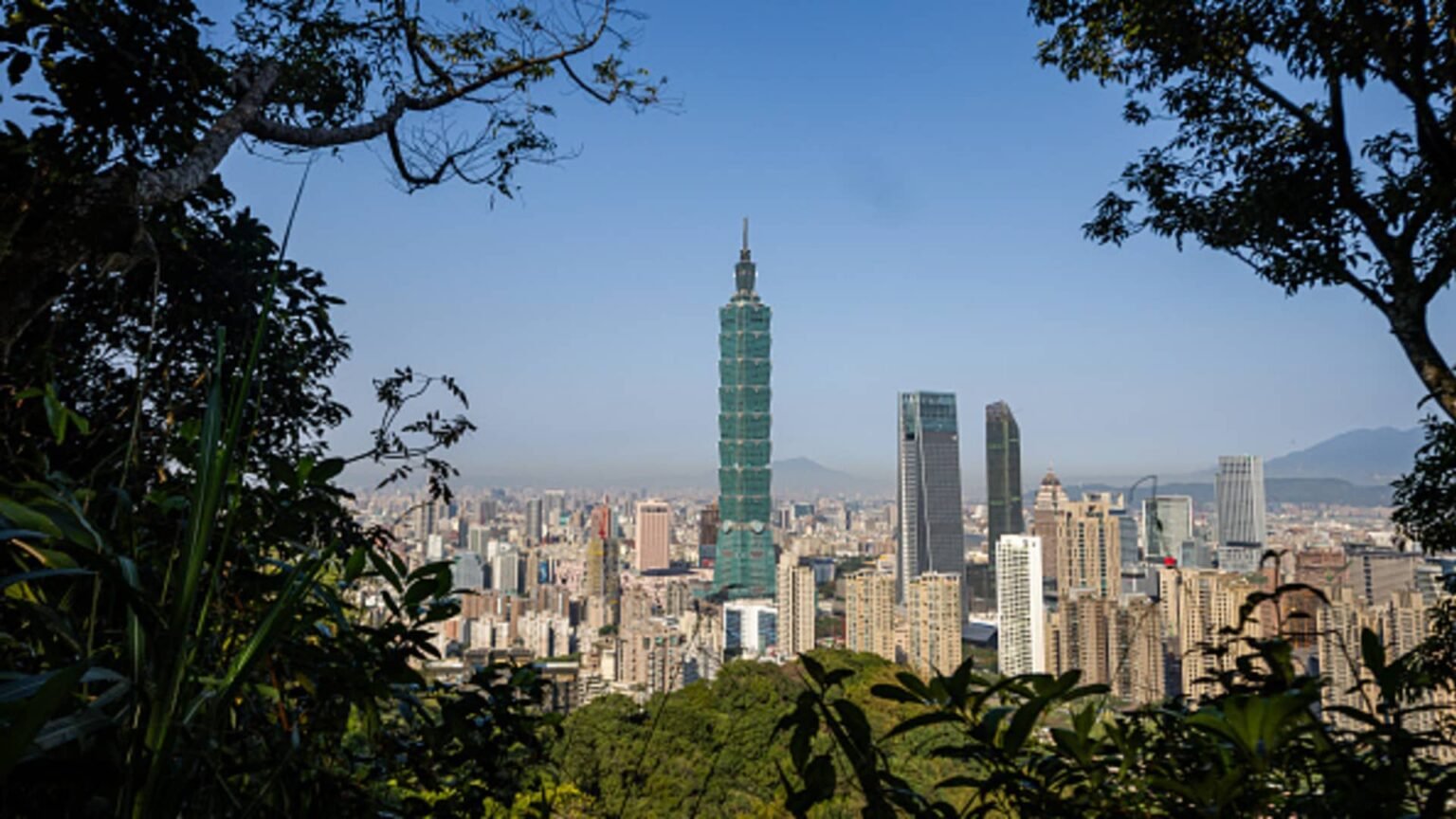A view of the cityscape in Taipei, Taiwan on January 12, 2024.
Annice Lyn | Getty Images News | Getty Images
China is considering further trade measures against Taiwan, the Commerce Ministry said on Saturday, two days after Beijing thwarted a speech by Taiwanese President Lai Ching-Te.
The Democratic Progressive Party, Taiwan’s ruling party, has taken no practical steps to remove “trade restrictions” in mainland China, the commerce ministry said in a statement on its official website.
“Currently, relevant departments are considering further measures based on the findings of the investigation into trade barriers from Taiwan (against mainland China),” he added.
China, which claims democratically-ruled Taiwan as its territory, has condemned Lai as a “separatist”. Lai and his government reject Beijing’s claims of sovereignty, saying only the people of Taiwan can decide their future.
On Thursday, Laik said the People’s Republic of China had no right to represent Taiwan, but the island was ready to work with Beijing to tackle challenges such as climate change, striking a firm and conciliatory tone, sparking anger. from china
Saturday’s announcement by China’s Ministry of Commerce could herald tariffs or other economic pressure against the island in the near future.
China’s Taiwan Affairs Office, which said Thursday that Lai’s speech promoted “separatist ideas” and incited confrontation, responded to the announcement by saying the root cause behind the trade dispute was “DPP authorities’ stubborn adherence to the stance of ‘Taiwan independence’.”
“The political base makes it difficult to resolve trade disputes in the Straits through negotiation,” he added.
In May, China reinstated tariffs on 134 products imported from Taiwan after Beijing’s Finance Ministry said it would suspend concessions on items under a trade deal because Taiwan had not reciprocated.
The Cross-Strait Economic Cooperation Agreement (ECFA) between China and Taiwan was originally signed in 2010 and Taiwanese officials previously told Reuters that China was likely to pressure Lai by ending some of the preferential trade terms within it.

